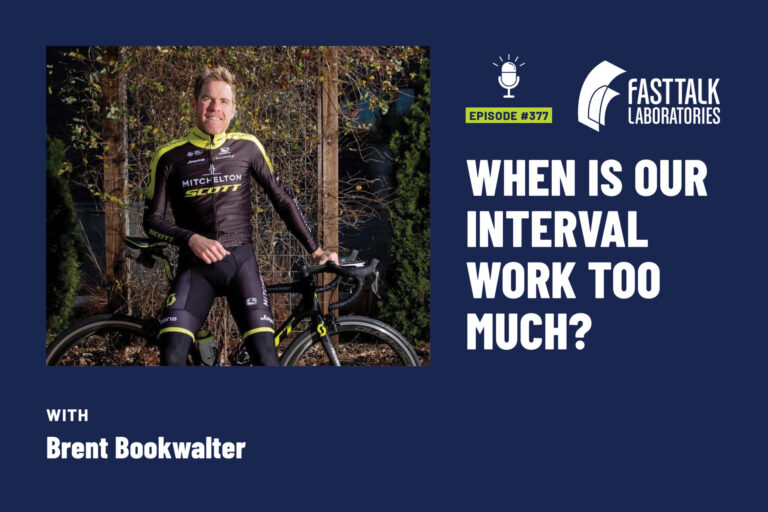How to Manage Competition Stress – Coach Julie Young explores the science, mental skills, and strategies that help us manage the stress of racing – Fast Talk Laboratories January 6, 2022
It’s the night before the big race and you’re having trouble sleeping. It’s the morning of the race and you can’t look at your breakfast without feeling nauseated. Now you’re on the start line and your palms are sweating and you’re a nervous wreck.
Welcome to the world of competition stress.
Dr. Richard Lazarus famously defined stress as a relationship between the person and the environment that is “appraised by the person as taxing, exceeding resources, and potentially endangering his or her well-being.”
Hopefully any stress you feel toward racing isn’t caused by feelings of danger. Rather, your stress is likely due to feelings of anxiety about your state of preparedness or other factors that feel out of your control. Regardless of the cause, experts agree the most beneficial way to improve stress management is to better understand stress.
“Stress is normal, but we need to gain clarity on our sources of and contributors to stress,” says Dr. Chow, a mental performance consultant. “For each of us, they are very different and individual. It is hard to reduce stress if we don’t know where it comes from or what triggers it.”
Let’s explore the reason we feel stress, the many potential causes of stress, and the various ways we can reduce it.
Stress is neutral
First, it’s paramount to understand the notion that stress is neutral. It’s our individual perception—how the brain interprets a situation—that deems it negative or positive and, thus, elicits a stress response or not.
The brain uses the two branches of the autonomic nervous system—the parasympathetic and the sympathetic—to determine an appropriate response to the perceived stimulus. When we perceive a stimulus as threatening or scary, it triggers our sympathetic (fight/flight) nervous system. But when we perceive a stimulus as non-threatening, it triggers our parasympathetic (rest/digest) nervous system.
“Nerves are telling you something important is going to happen,” says Dr. Michelle Cleere, a globally recognized performance coach. “But we interpret the same thoughts and feelings in different ways.”
For example, when Dr. Cleere works with athletes who get nervous before races, she might use this tactic: She asks them if they like rollercoasters and, if so, what feelings they feel while waiting in the line. They might say they feel excited and psyched. However, this athlete might experience these exact same thoughts and feelings before a race, but in this case, interpret them as trepidation.
“We then talk about how to re-interpret nerves as being closer to excitement,” she says. “I like to give an example about how nerves can be interpreted in different ways and that we have the ability to interpret them in different ways.”
Stress is not always negative, but it’s necessary
If you are interested in reading the rest of this article and checking out more insightful content to help you be your best athlete, visit Fast Talk Laboratories.







